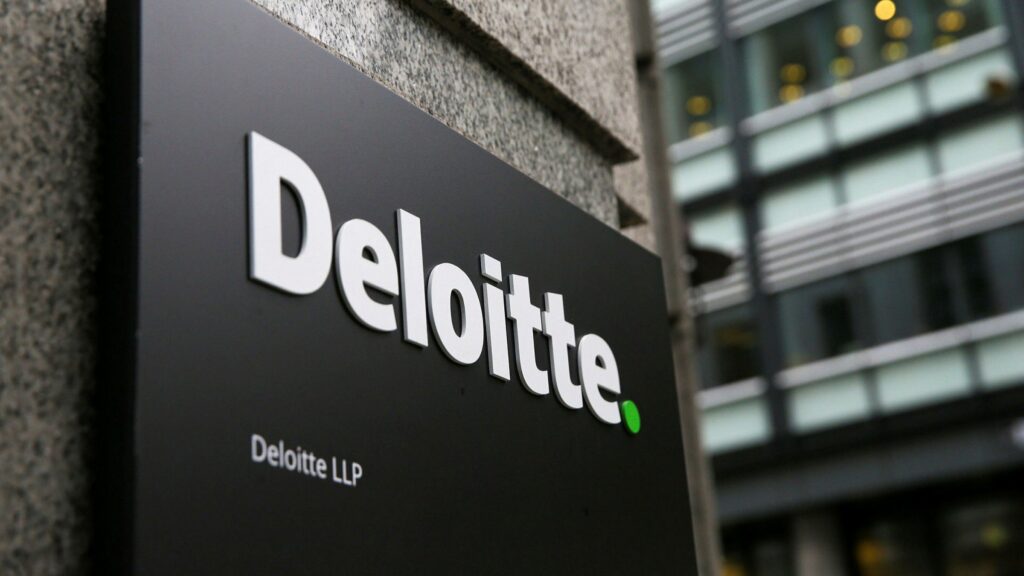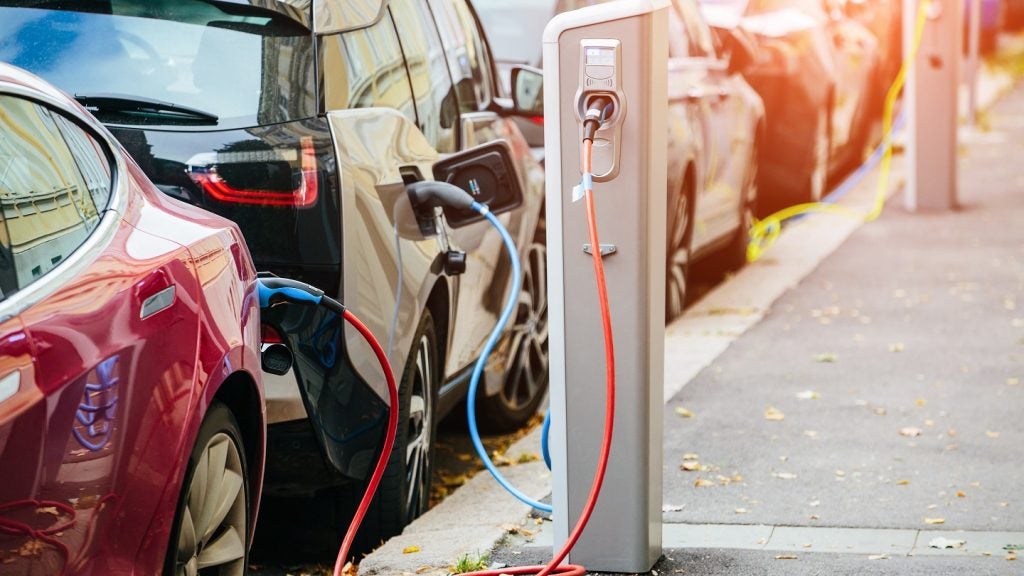Choose battles wisely when it comes to payment of repair
bills and parking charges says Nicola Hoskins.
 When a
When a
car finance contract such as a hire purchase arrangement goes into
default and is subsequently terminated, the priority for the lender
lies in getting the vehicle back.
By the very nature of the asset
involved and its inherent depreciation, time is of the essence and
it is not until it is recovered and sold that the process of
mitigating the loss can begin, followed by attempts to recover any
shortfall and charges.
So far so good, but what if it is
not a straightforward case of collecting the car, and instead there
are other obstacles? It’s not uncommon for a vehicle to be simply
abandoned, and left somewhere such as a secured car park, where
collection is dependent upon paying the charges which have
accrued.
On other occasions there are
examples of vehicles left in garages after going in for repair,
perhaps following an accident, but instead of being collected, they
have been left with the bills unpaid.
How well do you really know your competitors?
Access the most comprehensive Company Profiles on the market, powered by GlobalData. Save hours of research. Gain competitive edge.

Thank you!
Your download email will arrive shortly
Not ready to buy yet? Download a free sample
We are confident about the unique quality of our Company Profiles. However, we want you to make the most beneficial decision for your business, so we offer a free sample that you can download by submitting the below form
By GlobalDataIn such circumstances, storage
charges are often also added to the repair bill by the mechanics,
who insist on full payment of all matters outstanding before
delivering up possession. It is these storage and parking charges
which are the subject of some contention, and rightly so.
Of course, it is open to the lender
to apply for a return of goods order, effective against the
proprietor of the premises where the vehicle is held, but this may
take several weeks – a period of time in which the loss will
increase yet further since termination. But how can this delay be
avoided?
In relation to repairs, it is clear
that there exists a ‘common law repairers’ lien, which in broad
terms gives repairers the right to retain the property until their
bill has been paid. But what about consequential storage?
Where no specific contractual
provision applies, then on the authority of Morris vs
Beaconsfield Motors (2001), there is no entitlement to charge
for storage while purporting to exercise a right of lien.
Sometimes it is the case that there
is contractual provision in the terms of business which allows for
storage charges to be added in the event of a vehicle not being
collected promptly, and it may be asserted that this creates a
contractual lien in respect of those charges.
This is an arguable point, since
the finance provider seeking recovery is not a party to the
contract and should not be bound by its terms. Such a lien may also
be prohibited in the finance agreement. An analogous situation
arises in respect of parking charges.
In some cases there is a balance to
be struck between insisting on the strict legal position and taking
a commercial approach. It may be that agreeing a swift settlement
is preferable, since recovering the vehicle will remain the top
priority.
This judgement will have much to do
with the amounts at stake and the value of the vehicle. Once again,
it is time to choose the battles wisely.
Nicola Hoskins is a solicitor
at Optima Legal





